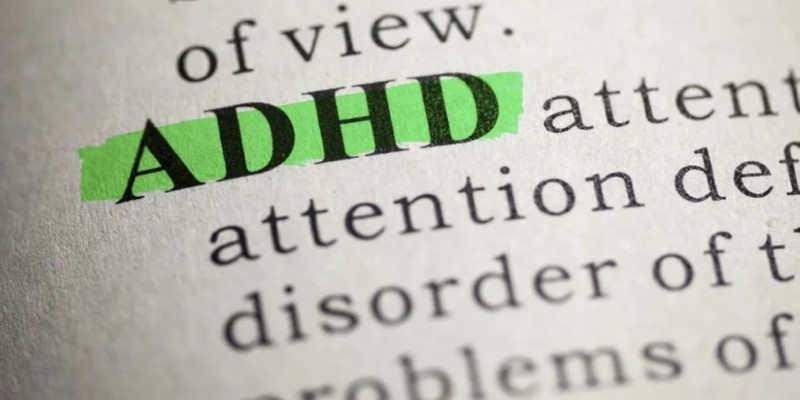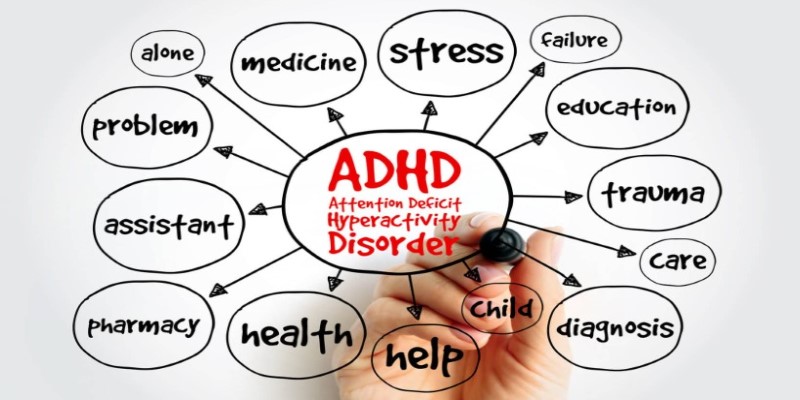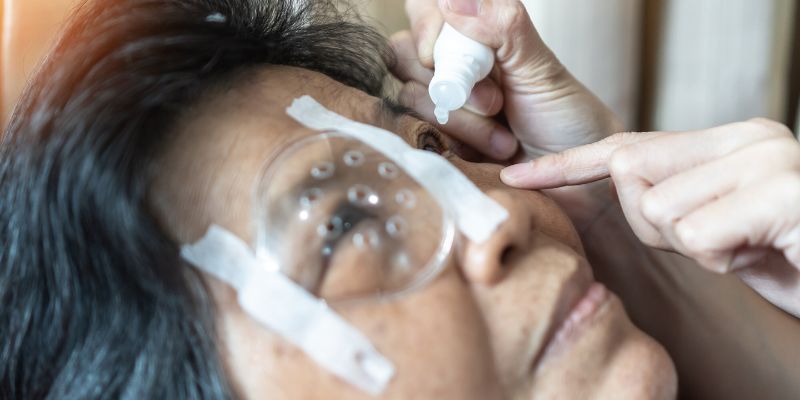Macular Degeneration vs. Cataracts: Understanding The Key Differences
Two common eye diseases are cataracts and macular degeneration. Though in various ways, they compromise vision. Mostly an age-related problem, macular degeneration. It impacts the macula, the center portion of the retina. Detailed and clear vision comes from this part. By contrast, cataracts arise when the eye's lens clouds over. Although anyone might have this disorder, it is very frequent among elderly persons.
Both diseases can seriously affect daily life. However, their symptoms, causes, and approaches to therapy differ. Knowing these variations will enable people to identify the warning signals and help them get prompt treatment. This article will discuss the main variations between macular degeneration and cataracts. We will review their symptoms, risk factors, diagnosis, and available treatment paths.
Macular Degeneration Vs. Cataracts Symptoms
These are the main symptoms of macular degeneration and cataracts, stressing how each disorder impacts vision differently.
Macular Degeneration
Macular degeneration compromises central vision. Early indicators are distorted or foggy eyesight. Straight lines are curved or wavy. People may find dark or empty patches in their central vision. Identification of faces or reading becomes difficult. As the disorder advances, colors could seem less vivid. These symptoms could grow gradually. Sometimes, visual loss comes on quickly. If you have these symptoms, you really should consult a doctor.
Cataracts
Cataracts affect vision as well, though in distinct ways. Cloudy eyesight is the main complaint. Things could seem fuzzy or foggy. You can also grow more sensitive to light. Night vision can get worse, which would make driving difficult at night. Colors could look boring, and seeing in strong sunlight can be challenging. Some have seen halos around lights. Many times, these symptoms start slowly over time. Untreated cataracts can cause notable visual loss.
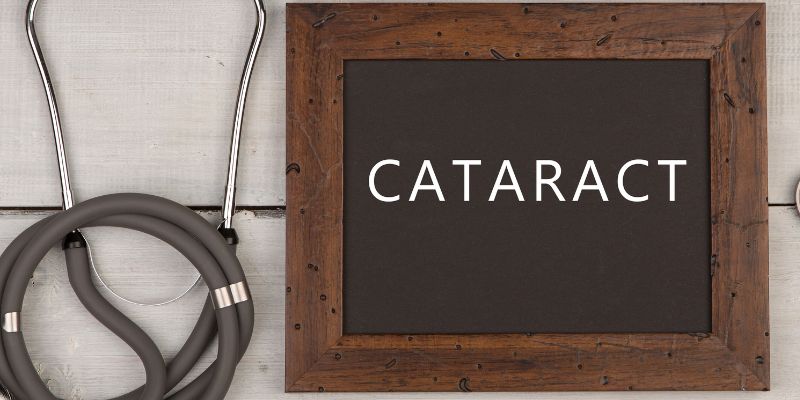
Causes Of Macular Degeneration And Cataracts
Emphasizing the elements influencing the development of each condition, the following are the main causes of macular degeneration and cataracts.
Macular Degeneration
Macular degeneration is mostly connected to aging. However, genes also play a part. Those with family histories of the disorder are more vulnerable. Obesity and smoking are further risk factors. Furthermore, excessive cholesterol and blood hypertension contribute. A poor diet of fruits and vegetables can raise the risk. Environmental elements, such as extended sun exposure, can also be detrimental. Preventive action depends on an awareness of these issues.
Cataracts
The reasons for cataracts vary. The most often occurring reason is aging. Protein in the lens can gather together as we get older, making the lens cloudy. Other considerations include eye damage, diabetes, and heredity. Extended use of several medications, including steroids, can raise the risk. UV rays could also help produce cataracts. Additionally important are lifestyle decisions, including smoking and a bad diet. Knowing these elements promotes prevention. You should guard your eyes from too much sun.
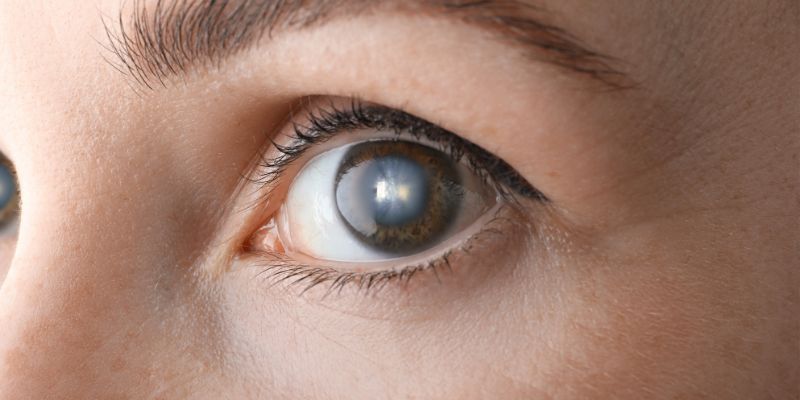
Macular Degeneration vs Cataract: Risk Factors
Macular degeneration is linked to several risk elements. The main element is age; those over 50 are more vulnerable. Family history is really important. Your risk rises if a close family suffers from the disorder. Other risk considerations are gender and race. Studies reveal that Caucasians run more risk than African Americans or Hispanics. Those with softer eye tones might also be more sensitive. Moreover, contributing to risk includes a bad diet and a lazy lifestyle.
There are several causes of cataracts. Above all, aging is most important. If one lives long enough, everyone will most certainly have cataracts. One further consideration is some medical issues. Diabetes raises a cataract risk.
Strong consumption and smoking are also associated with cataracts. Furthermore, eye damage or operations could contribute. Additionally, a family history of cataracts can raise your risk. Keeping a good lifestyle can help to reduce these hazards.
Macular Degeneration and Cataract Diagnosis
Macular degeneration diagnosis calls for an extensive eye exam. Eye doctors will look at the retina and check your vision. They could apply certain imaging methods. These aid in macular condition assessment and visualization. One often used test is the Amsler grid test. It looks for central vision optical aberrations. The eye specialist could also use optical coherence tomography (OCT). This imaging exam offers finely detailed pictures of the retina.
A full eye examination is used to diagnose cataracts. Eye experts evaluate your vision and look for lens blurs. Among the tests they might use is a visual acuity test. It gauges your viewing clarity at several distances. A slit-lamp test enables the doctor to view the near lens. The analysis lets one evaluate the cataract degree completely. If cataracts are diagnosed, a discussion of treatment choices will take place.
Treatment for Macular Degeneration and Cataract
The following describes the macular degeneration and cataract therapy choices, summarizing sensible ways to control the symptoms of each disorder.
Macular Degeneration
The type of macular degeneration calls for different treatments. Two main forms are dry and wet. There is no proven treatment for dry macular degeneration. Some vitamins and supplements may assist in slowing its development. Moreover helpful is a diet high in antioxidants. Wet macular degeneration can call for more immediate therapy. Injections of anti-VEGF can help slow down vision loss and stop fluid leaking. Another possibility is laser treatment.
Cataract
Cataract treatment varies in degree. If cataracts do not affect daily life, monitoring could be enough. Usually, though, surgery is required if vision loss compromises quality of life. One often performed operation is cataract surgery. It entails removing the misty lens and substituting an artificial one. Following surgery, most people have better vision. The operation is usually outpatient and followed by fast recovery.
Conclusion:
Macular degeneration and cataracts are separate eye disorders. While cataracts clog the lens, macular degeneration compromises central vision. Early identification of the symptoms, causes, and risk factors will help maintain decent vision, depending on regular eye exams. See a professional if you find your vision changing. Correct diagnosis and therapy help to prevent further eyesight loss. Your general eye health depends on you safeguarding your eyes and keeping them educated. Make good lifestyle choices and frequent visits a top priority.








